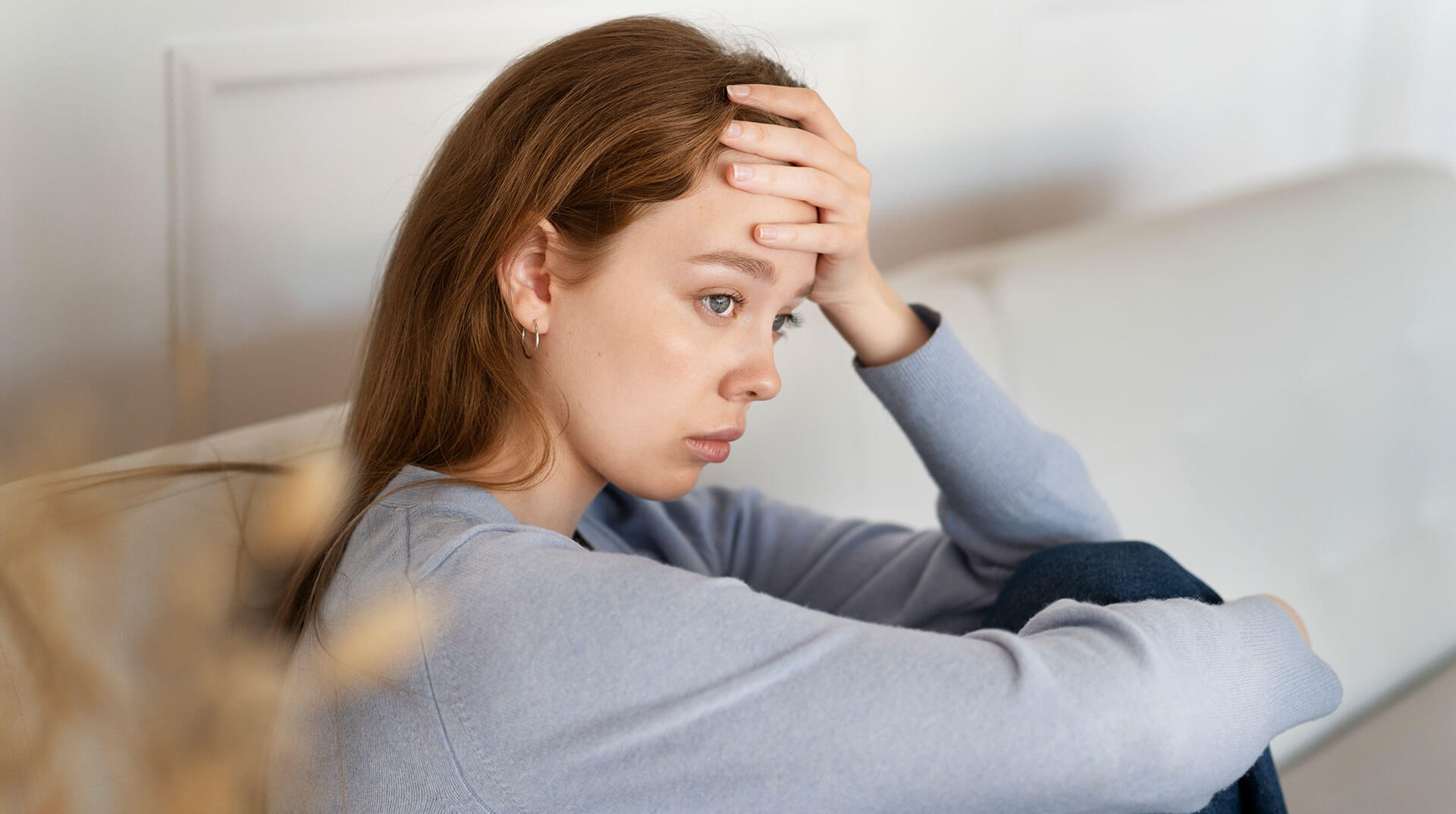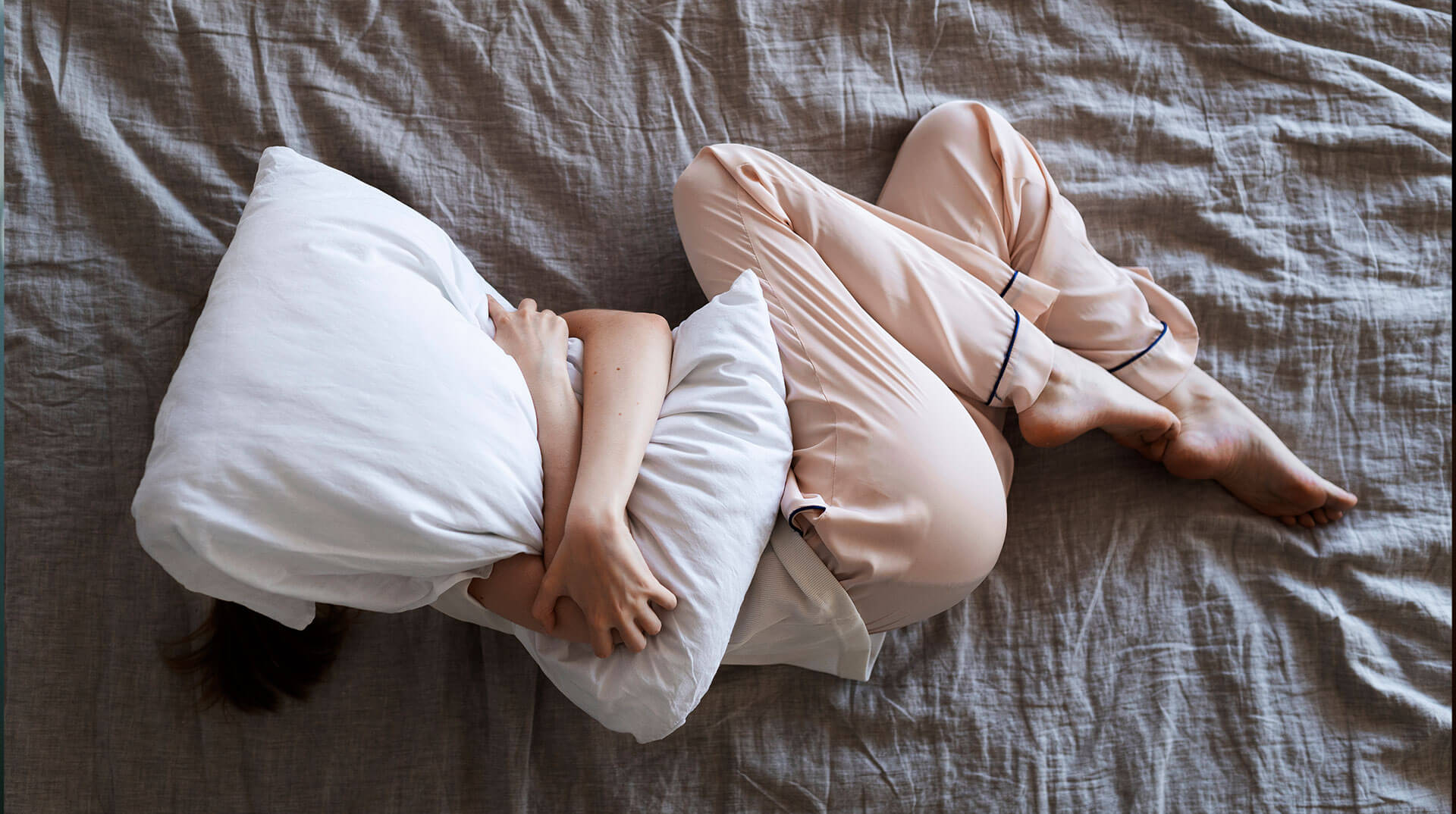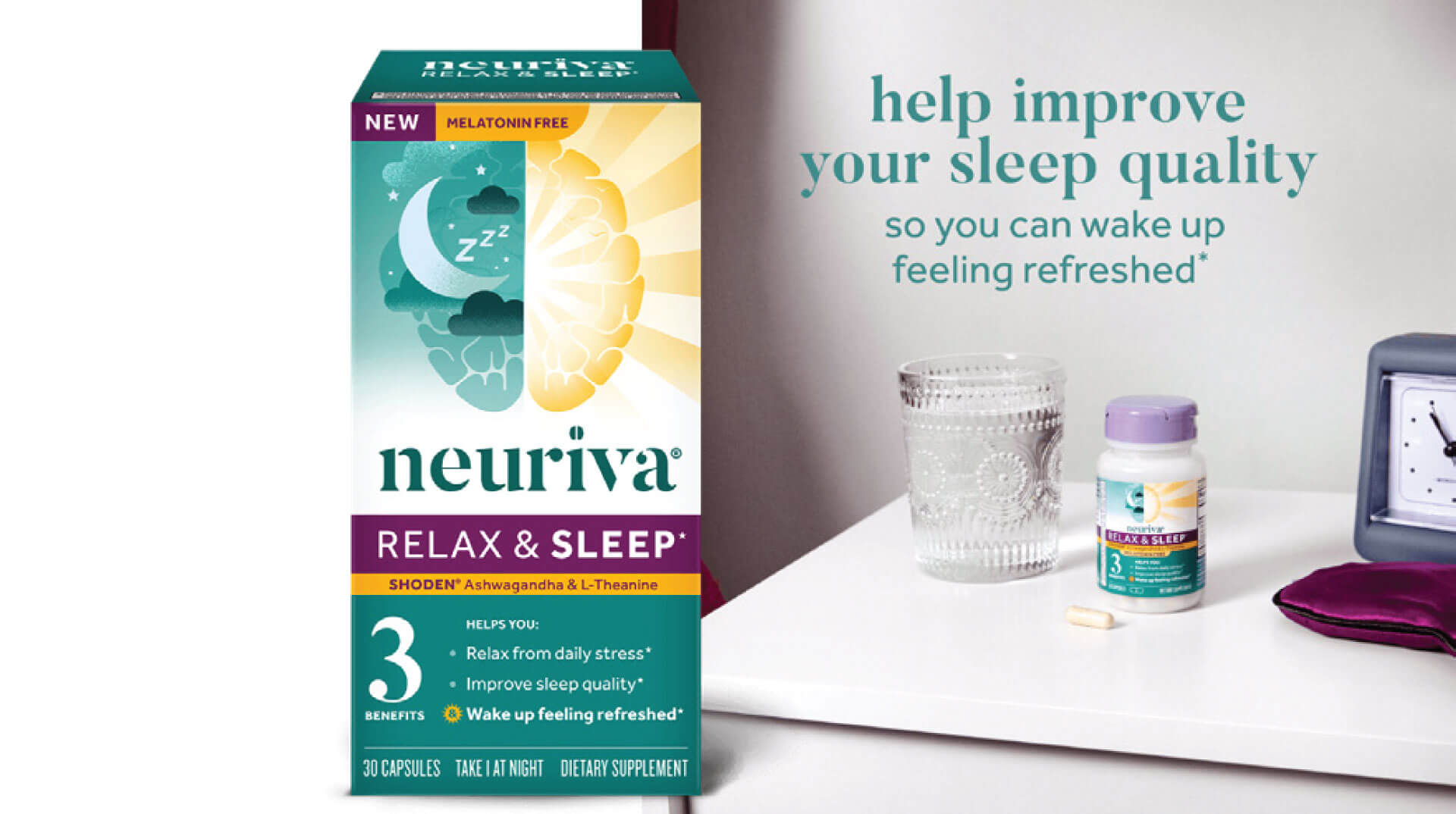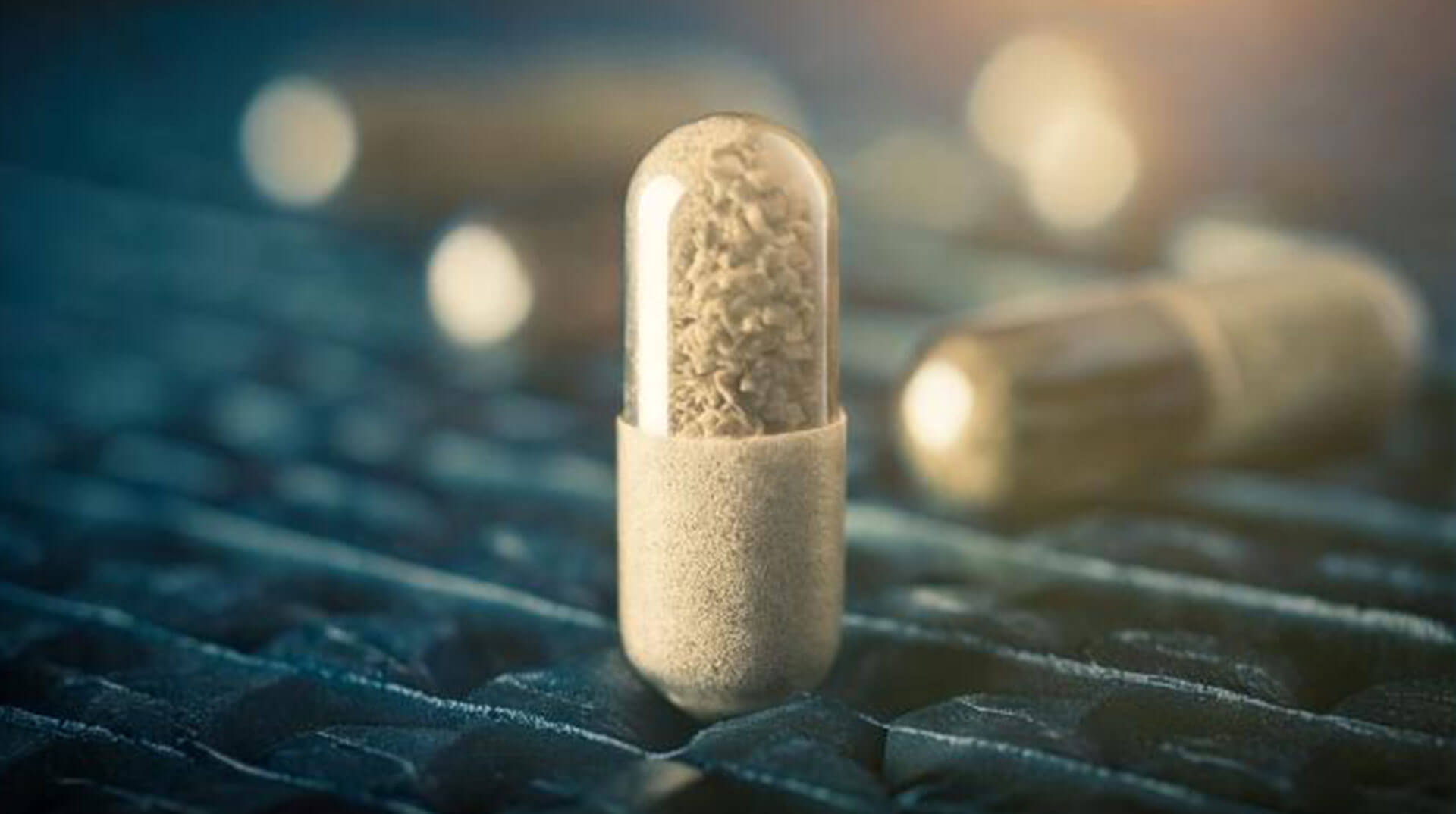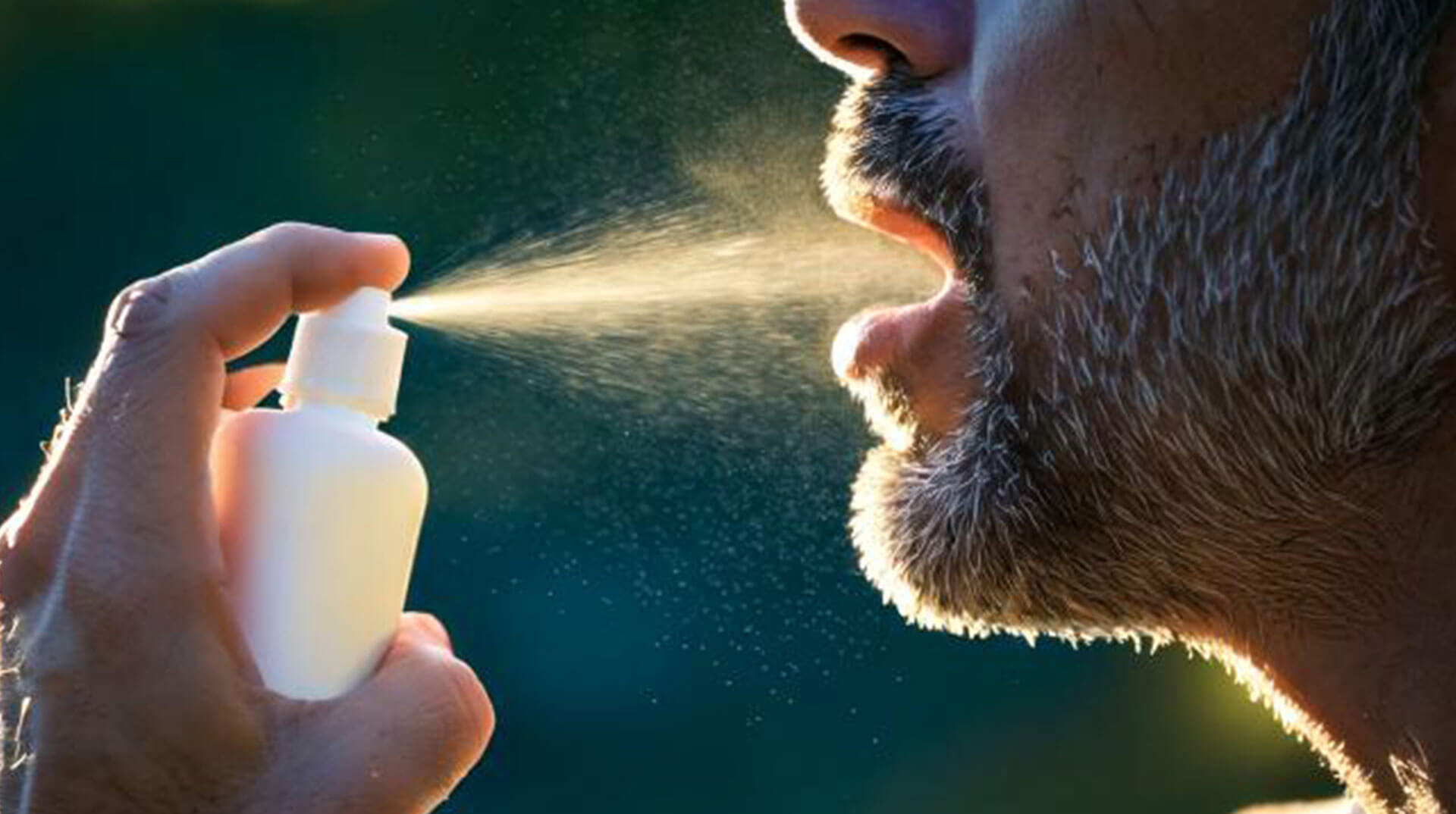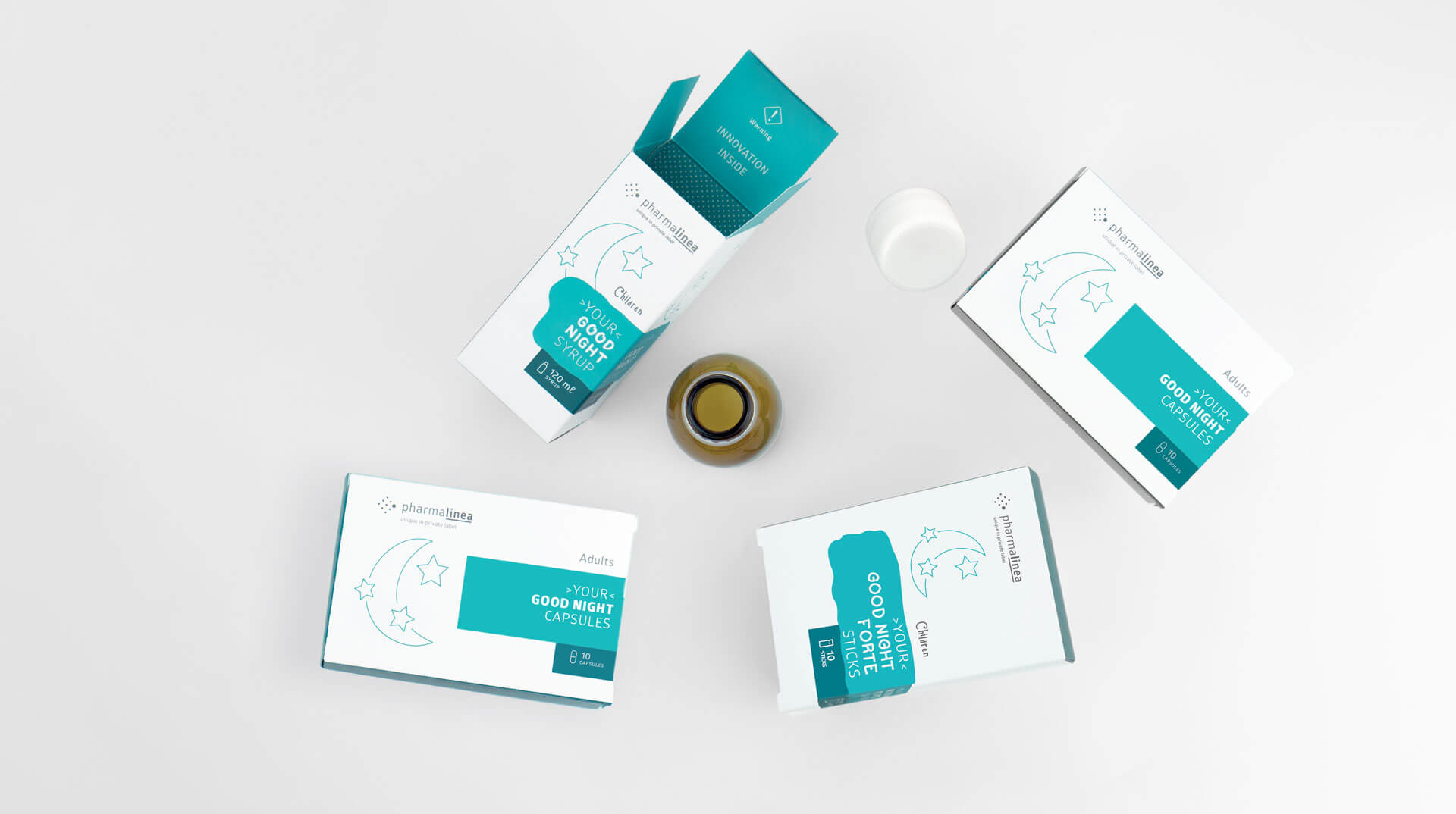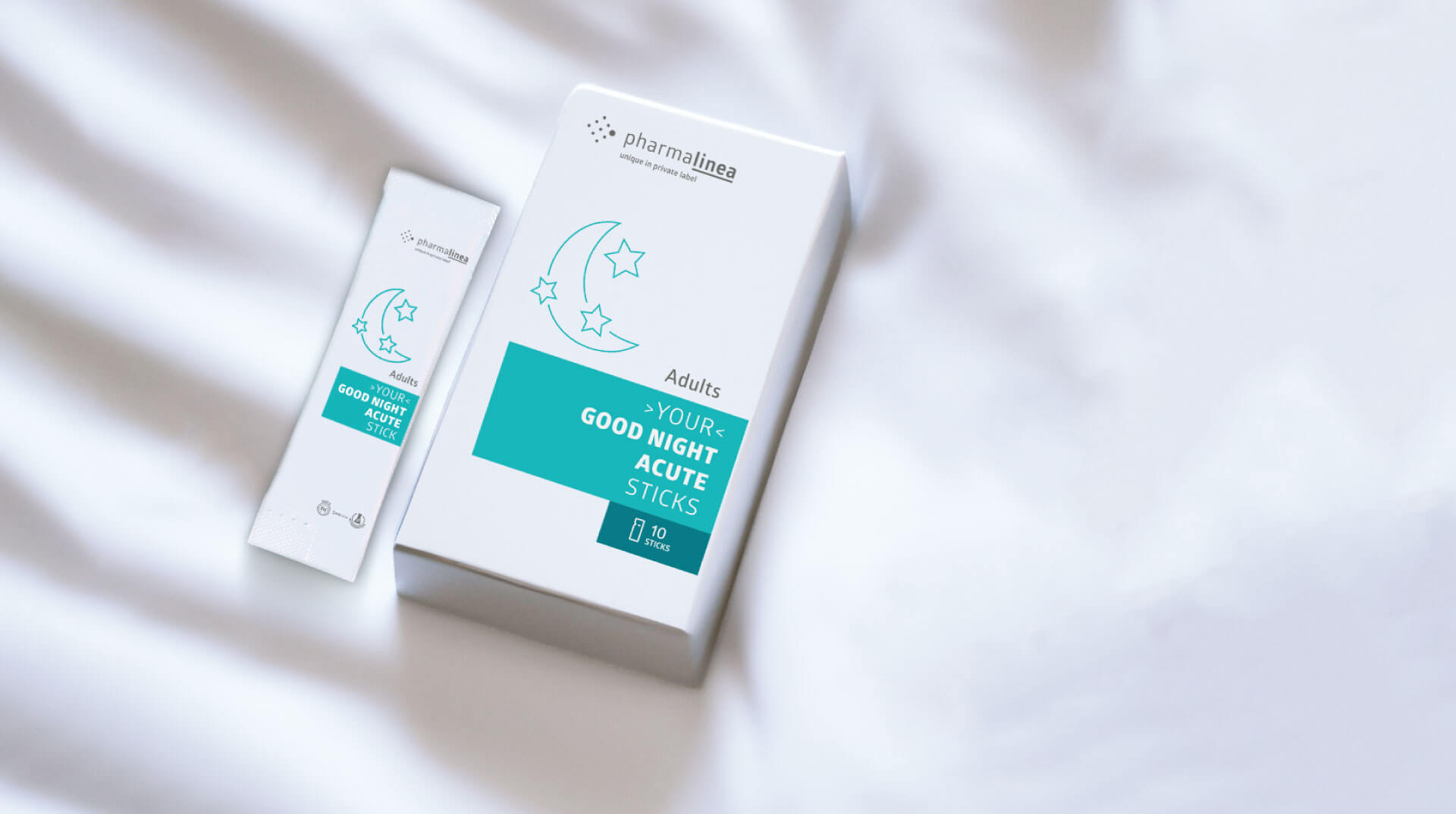There is also growing interest in natural support, such as ayurveda-based traditional herbals. For example, ashwagandha has adaptogenic properties, which is helpful for calming and sleep (there are many branded versions of this ingredient, such as Sensoril®, KSM-66®, and so forth), holy basil with growing support on sleep (such as Holixer™), black cumin extract, that is extending its positioning also to sleep area (such as ThymoDream™).
Other ingredients that are spreading from the East and are growing in popularity are mushroom-based products like Zylaria®.
Another trending ingredient is Lactium®. The ingredient has been around for a long time, but more product launches have been noted in the past year, perhaps due to the extent of its support, which stands out in comparison to other ingredients.
Saffron, such as Affron®, is one of the most extensively studied ingredients in the area of mood and relaxation.
Although lately, products without melatonin are on the rise, some new ingredients are still entering the melatonin space, such as vegan versions (Somato™), and extended-release (MicroActive® Melatonin), offering some versification in this market.
